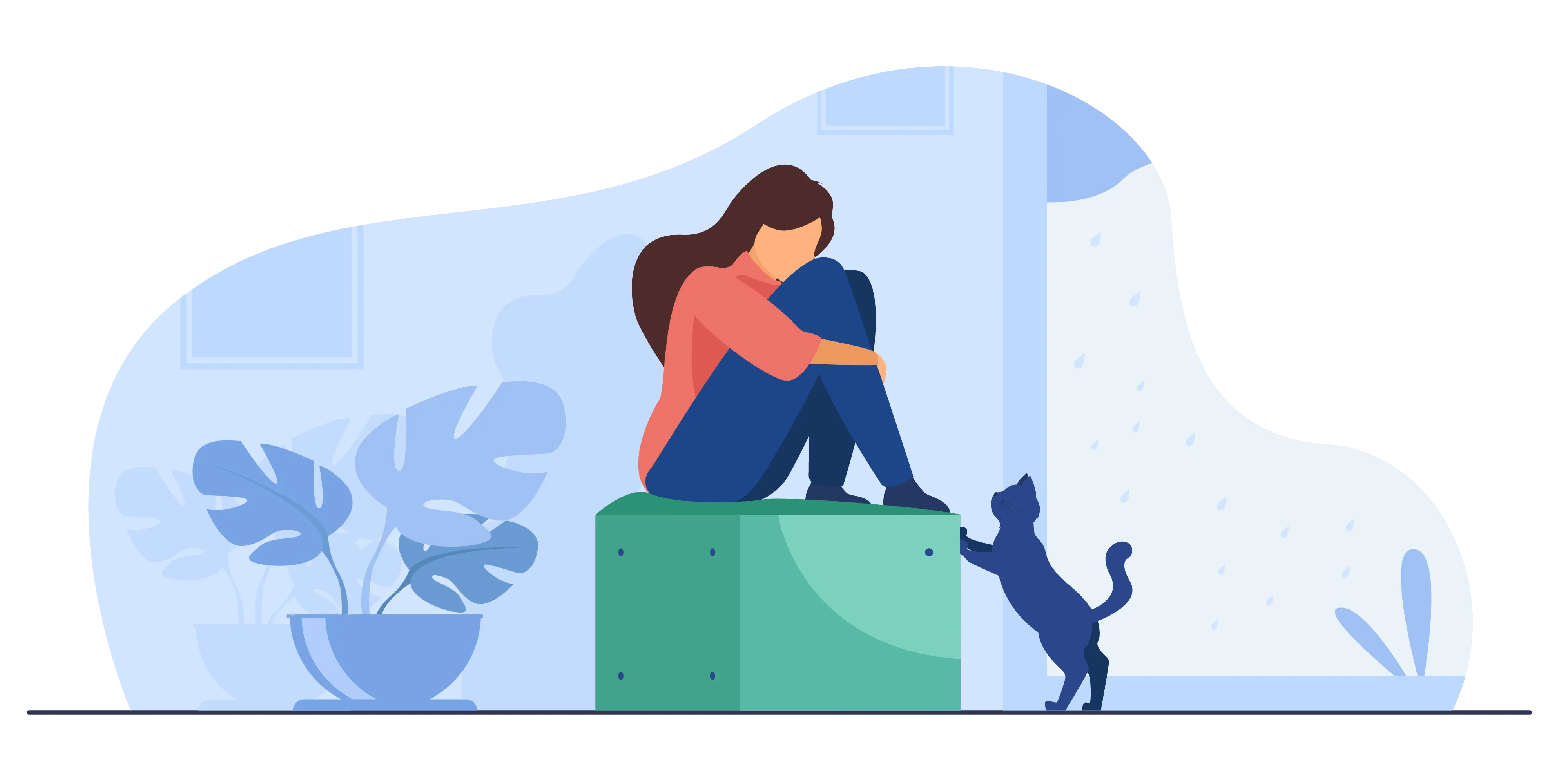Psychiatrist | 4 min read
Mental Wellbeing: 8 Important Ways to Mentally Reset Now!
Medically reviewed by
Table of Content
Key Takeaways
- Isolation and lack of social life has increased loneliness among people
- To mentally reset yourself, practice meditation, eat healthy, and sleep well
- Talking to a therapist and managing stress can help reduce mental problems
The new normal introduced by the pandemic has no doubt led to health issues and mental problems. Stress, anxiety, and depression were some of the impacts of COVID-19 our mental wellbeing, as per a recent study. According to World Health Organization, mental health issues have increased by 13% in the last decade. Thankfully, these can be treated, and relatively easily and affordably too! However, many people fail to get the help they need and face complications in the form of physical conditions.
Issues related to mental health and well-being, while treatable, require special care. There are many ways to go about this, and you can effectively reboot your brain to live a life of happiness and contentment. To know about a few helpful mental wellbeing tips to overcome mental problems, read on.

How to reboot your brain and reset for mental health
Practice meditation
Meditate for 2 to 5 minutes daily to mentally reset yourself. Studies reveal that meditation enhances your mental health. It helps in reducing stress and treating anxiety, suicidality, and depression. To start, sit or lie down in a calm and comfortable place, close your eyes, breathe naturally, and focus on your breathing.
Additional Read: What is The Importance of Mindfulness Meditation and How To Do It?Connect and build personal relationships
Staying indoors during the pandemic and missing social life has left people with the feeling of loneliness. Do not let this feeling overcome your mental health. Work on building your personal relationships. Spend quality time with your family and connect with friends and relatives through online modes.

Eat healthy and focus on fruits and vegetables
An unhealthy and poor diet is a cause of many health issues including mental problems such as depression. Including a proper diet like two serves of fruits and five servings of green vegetables every day in your diet. Drink at least 8 glasses of water (2-3 liters) and cut down on sugary, fatty, and salty foods.
Work on your hobbies and do what you love
Adopt hobbies that interest you such as reading, creating art, gardening, or photography. Doing what you love helps reduce stress and improves your cognitive ability. Switch bad habits like smoking and drinking with productive hobbies that will let you focus on the positives of life.

Sweat it out through exercise and physical activities
A sedentary lifestyle can affect your mental health negatively as it can lead to anxiety, depression, and poor emotional wellbeing. It is also related to sleep disorders which further deteriorates your mental health and well-being.
Thus, it is necessary to stay physically active by going for a walk, jogging, doing yoga, or exercising. Make a habit of exercising for 30 minutes every day. Exercise is not only good for your body, but also helps boost your mental health. It releases endorphins that help reduce stress, anxiety, depression, and improves sleep.
Take breaks and vacations
It is equally important to prioritize yourself the way you give importance to your work. Your body requires rest or else it starts influencing your mental health. Long hours of work, stressful jobs, or relationship problems can take a toll on your overall health. Reboot your brain by taking short breaks in between. Go for a 5–10-minute walk or take a trip to a holiday destination to mentally reset yourself.
[embed]https://youtu.be/eoJvKx1JwfU[/embed]
Prioritize sleep to mentally reset from the day
There is a bidirectional relationship between sleep and mental health. Studies have established the fact that sleeping problems can both be the cause and consequence of mental problems. Prioritize your sleep and get a good night’s sleep of 7 to 9 hours every day for your mental and overall well-being.
Additional Read: How are Sleep and Mental Health Connected? Tips to Improve SleepLearn stress management or talk to a therapist
Never shy away from asking for help when it comes to your mental health. Consult a therapist or undergo mental health therapies like cognitive behavioral therapy [8]. Doing so will help you develop strategies to tackle your mental problems and reduce stress and anxiety.
Remember that maintaining mental wellbeing is a ticket to better health and quality of life. If you are battling mental problems like stress, anxiety, and depression, do not ignore them. Get the best care you need on Bajaj Finserv Health. Find specialists in your locality, book online doctor appointments, and even schedule in-clinic consultations. Avail care from top therapists easily, and even get deals on healthcare to make the experience more affordable as you work toward your mental health and well-being smartly.
References
- https://www.ncbi.nlm.nih.gov/pmc/articles/PMC7468668/
- https://www.who.int/health-topics/mental-health#tab=tab_2
- https://www.ncbi.nlm.nih.gov/pmc/articles/PMC2719544/
- https://www.sahealth.sa.gov.au/wps/wcm/connect/public+content/sa+health+internet/healthy+living/is+your+health+at+risk/the+risks+of+poor+nutrition
- https://www.ncbi.nlm.nih.gov/pmc/articles/PMC6082791/
- https://www.helpguide.org/articles/healthy-living/the-mental-health-benefits-of-exercise.htm
- https://www.sleepfoundation.org/mental-health
- https://www.apa.org/ptsd-guideline/patients-and-families/cognitive-behavioral
Disclaimer
Please note that this article is solely meant for informational purposes and Bajaj Finserv Health Limited (“BFHL”) does not shoulder any responsibility of the views/advice/information expressed/given by the writer/reviewer/originator. This article should not be considered as a substitute for any medical advice, diagnosis or treatment. Always consult with your trusted physician/qualified healthcare professional to evaluate your medical condition. The above article has been reviewed by a qualified doctor and BFHL is not responsible for any damages for any information or services provided by any third party.





